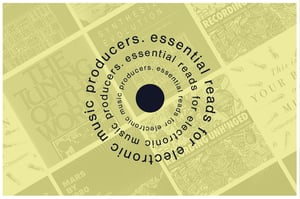Whether you want to learn more about the history of electronic music, refining your technique or the philosophy behind making great tunes, here's our list of books you need to read.
Seeking out new information is as essential for music producers as practice is. Youtube tutorials, podcasts and articles are all great resources, but they can’t beat the level of detail and depth of analysis offered by a book. As we all get ready for a lot more indoors time, here's a list of essential reads to keep your knowledge and skills sharp.
1. Mars By 1980 by David Stubbs
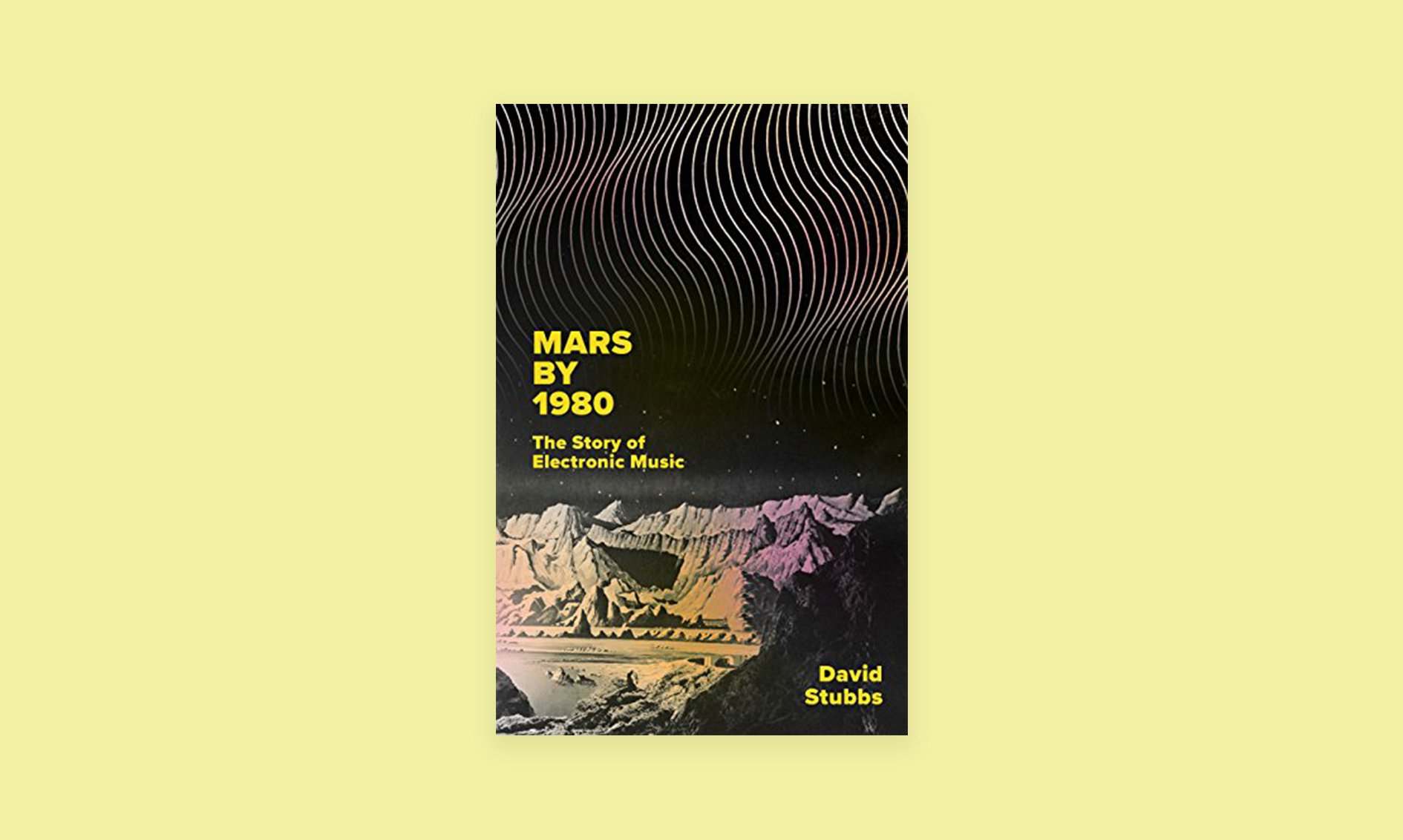
Electronic music is everywhere nowadays, from mainstream pop to experimental IDM (Intelligent dance music) – but it hasn’t always been this way. Back in 1860, when the first known audio recording was made, electronic music seemed like a strange and futuristic concept. So how did we get here?
In this comprehensive book, David Stubbs charts the evolution of electronic music. He revisits the contributions of early pioneers like Luigi Russolo, the Futurist composer and author of the Art Of Noises manifesto, through to the experimental jazz of Sun Ra, the robotic rhythms of Kraftwerk, the eighties pop of the Pet Shop Boys, right up to the present day innovators on the underground scene. At the end, there is also a Mars By 1980 playlist so you can listen your way through the themes explored in the book.
2. The Tuning of the World by R. Murray Schaefer
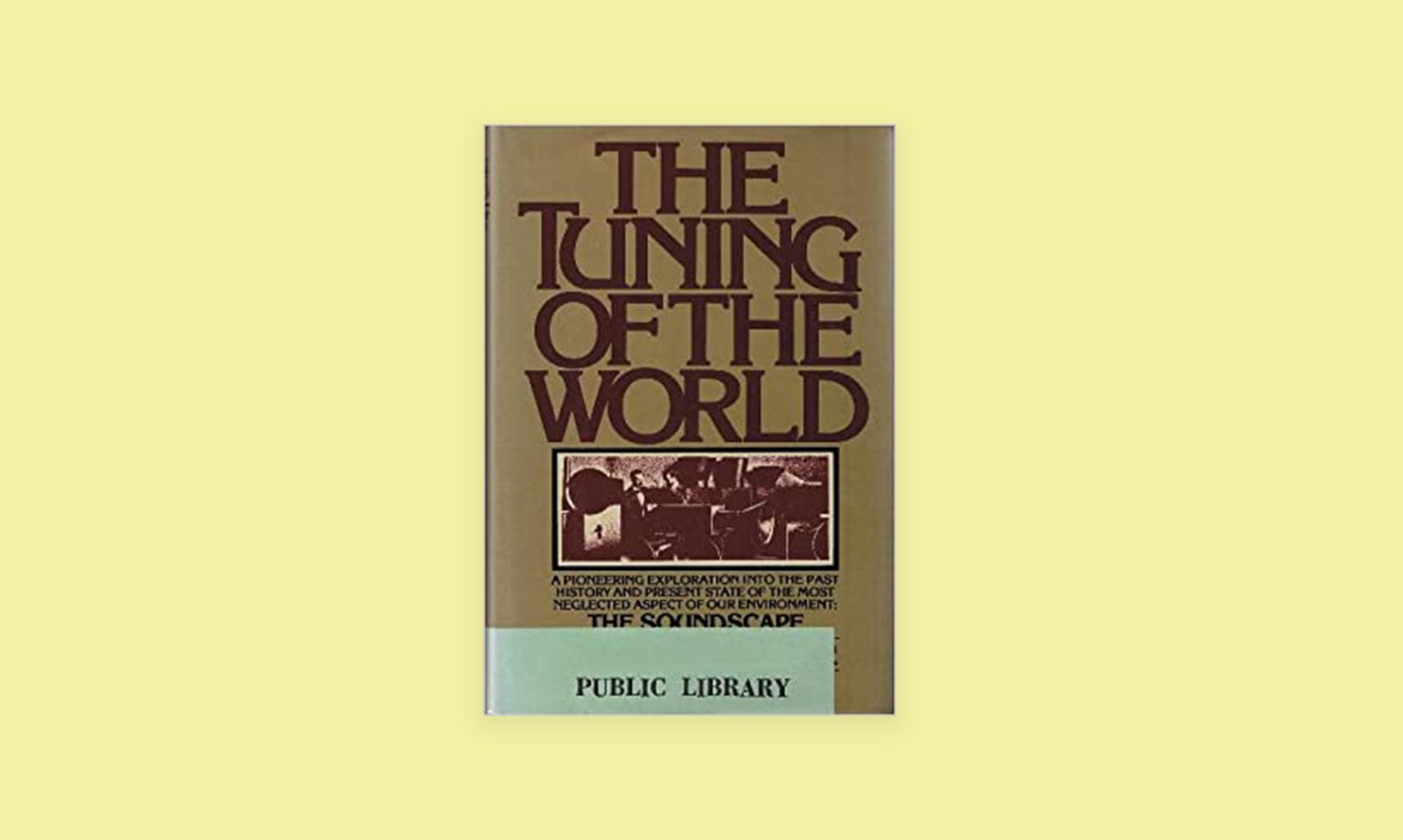
Active listening is one of the most important skills for music producers.
In this classic book, R. Murray Schafer makes the case that we have come to suffer from ‘acoustic overload’, meaning we are less able to hear the nuances and subtleties of sound. He emphasises the importance of picking out the sounds that feed us and using them to create healthier environments. To this end, he explains how to classify sounds, appreciating their beauty or ugliness, and provides exercises and "soundwalks" to help you become more sensitive to the sounds around you.
3. Recording Unhinged by Sylvia Massy
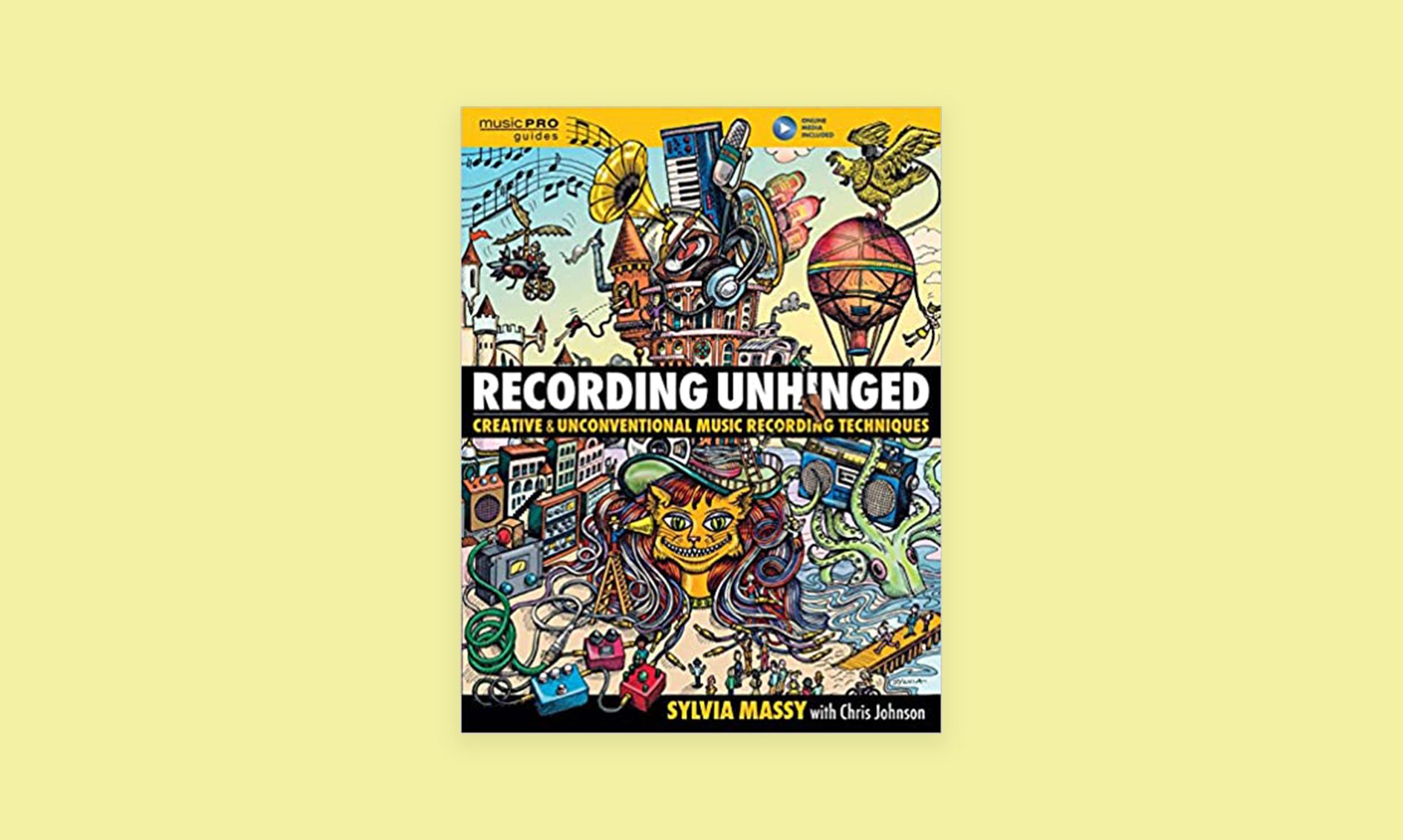
Stuck in a production rut and in need of some inspiration? Then look no further than Sylvia Massy’s Recording Unhinged: Creative and Unconventional Music Recording Techniques. Drawing on the insight high-profile music producers, engineers and recording artists, this book dares you to “unlearn” the rules of music-making and embrace experimentation, fun and ‘happy accidents’.
Recording Unhinged is comprehensive in content with various chapters covering guitars, piano, vocals, drums, bass, strings, mixing, rooms/spaces, organ, horns, and synths. All of these are worth a look but the section of production approach is particularly great, where she examines producer mavericks like Lee "Scratch" Perry, Konny Plank, Joe Meek, and Sylvia Vanderpool-Robinson (founder and producer of Sugar Hill Records).
4. Synthesiser Evolution: From Analogue to Digital (and Back) by Oli Freke
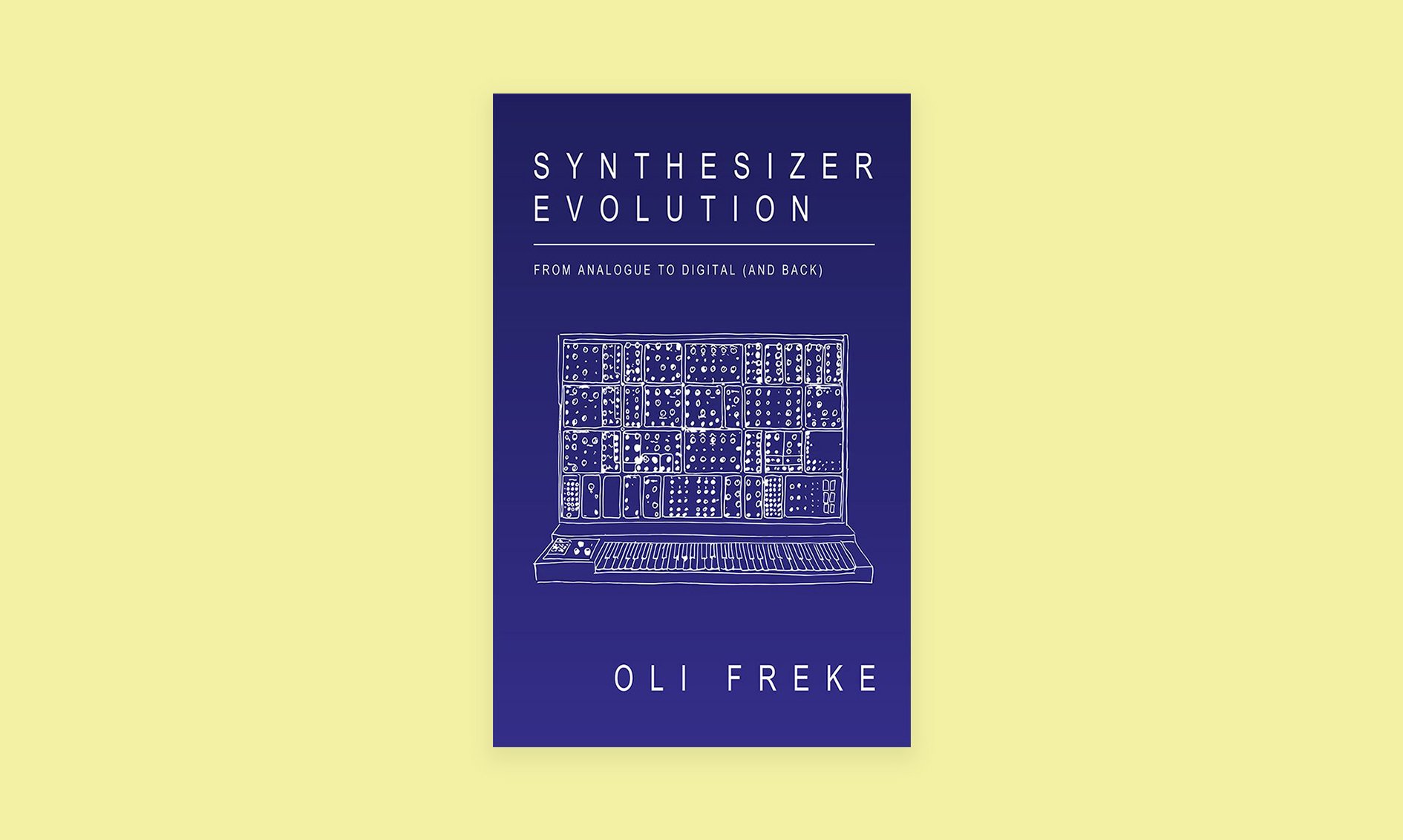
One for the synth-heads. This brand new book celebrates the impact of synths on music and culture by providing a comprehensive and carefully researched directory of every major synthesiser, drum machine and sampler made between 1963 and 1995. Each instrument featured is illustrated by hand and shown alongside its key statistics and some fascinatingly quirky facts. The book can be pre-ordered from Velocity Press to be received by the end of November.
5. This is Your Brain on Music by Daniel Levitin
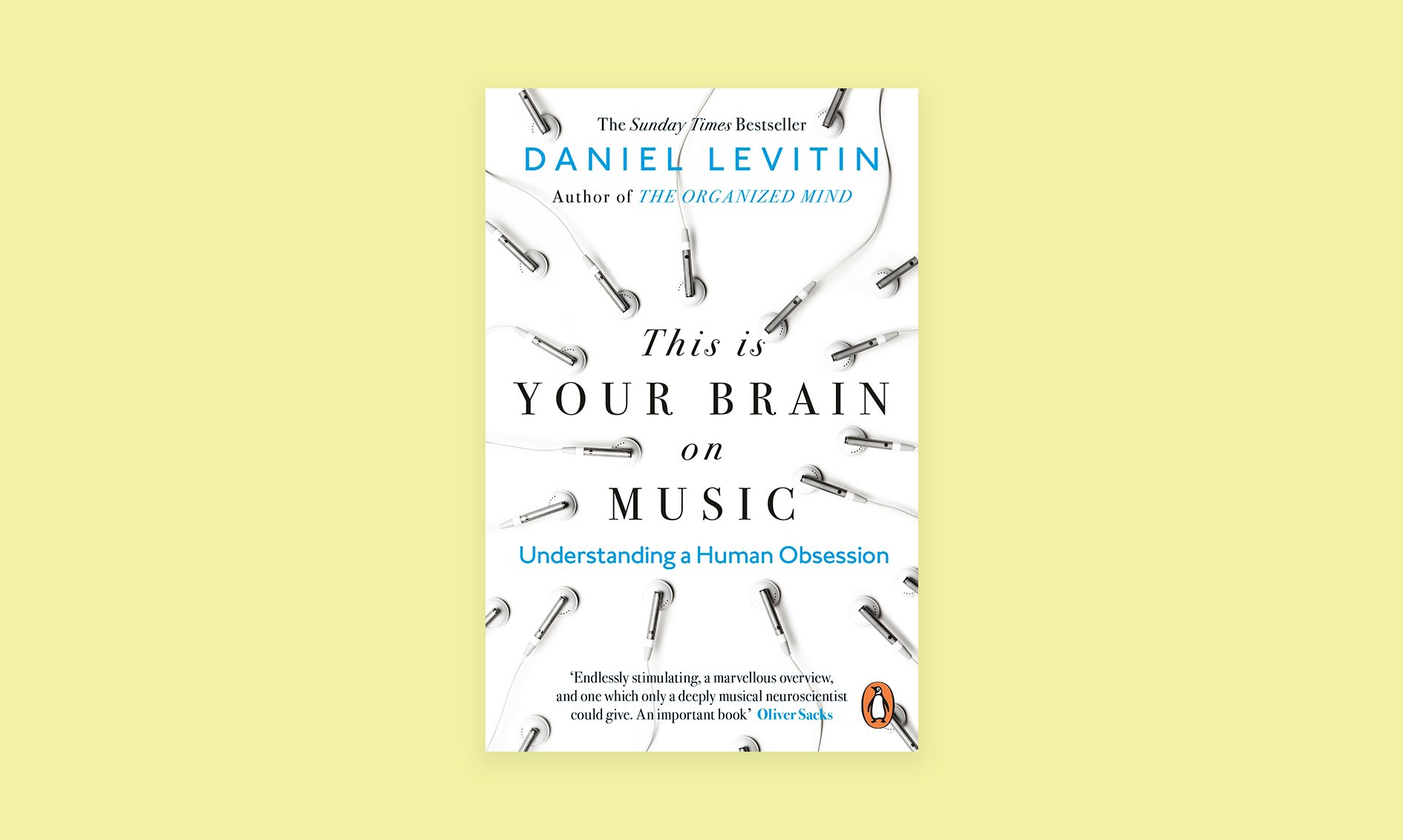
This best-selling book offers the first comprehensive explanation of why humans are ‘hard-wired for music’. It explores the connection between music—its performance, its composition, how we listen to it, why we enjoy it—and the human brain. Whilst this well-researched study is a fascinating read in its own right, here are just a few things music producers can take away from it:
- How composers produce some of the most pleasurable effects of listening to music by exploiting the way our brains make sense of the world
- What is it that makes us so attached to the music we listened to when we were young
- Why practice is more important than talent to obtain musical expertise
- Why certain songs get stuck in your head
Want to take your passion for production to the next level? Check out of Electronic Music Production Degree.


